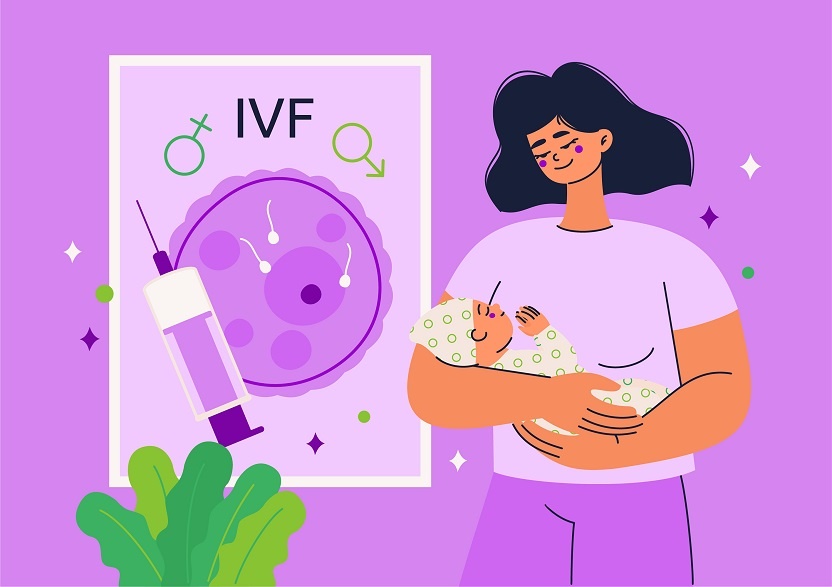
IVF 101: Understanding the Basics of In Vitro Fertilization
In vitro fertilization (IVF) has revolutionized the world of infertility treatment, offering hope to countless couples struggling to conceive. If you are considering IVF as a fertility treatment option, it is essential to understand the basics of this procedure. In this article, we will explore the fundamentals of IVF with the guidance of Dr. Shivani Sachdev Gour, a renowned infertility specialist at SCI IVF Hospital.
What is IVF?
IVF is a complex fertility treatment that involves the fertilization of an egg with sperm in a laboratory setting. The process is conducted outside the human body, hence the term “in vitro,” meaning “in glass.” During IVF, eggs are extracted from a woman’s ovaries and fertilized with sperm in a lab. The fertilized embryos are then transferred back to the woman’s uterus, where they can implant and grow into a pregnancy.
Who can benefit from IVF?
IVF is a viable fertility treatment option for a variety of infertility conditions. Some of the most common conditions that IVF can help treat include:
- Blocked or damaged fallopian tubes
- Ovulation disorders
- Endometriosis
- Male infertility issues such as low sperm count or motility
- Unexplained infertility
IVF is also used in cases where other fertility treatments, such as intrauterine insemination (IUI), have not been successful.
The IVF Process
The IVF process involves several stages, beginning with ovarian stimulation. During this stage, the patient is given medication to stimulate the ovaries to produce multiple eggs. Once the eggs have matured, they are retrieved through a minor surgical procedure known as follicular aspiration.
The retrieved eggs are then combined with sperm in a laboratory dish for fertilization. The embryos are closely monitored in the laboratory for several days, during which time they may undergo genetic testing. Afterward, one or more embryos are transferred to the woman’s uterus, where they can implant and grow into a pregnancy.
Success Rates of IVF
The success of IVF treatment depends on several factors, including the woman’s age, the quality of the embryos, and the cause of infertility. On average, the success rate of IVF is around 40 to 50 percent per cycle. However, the success rates can vary greatly depending on individual circumstances.
Dr. Shivani Sachdev Gour of SCI IVF Hospital stresses the importance of choosing an experienced and qualified infertility specialist for IVF treatment. She notes that the success of the procedure is highly dependent on the expertise of the medical team and the quality of the laboratory.
Conclusion
IVF is a highly effective fertility treatment that offers hope to couples struggling with infertility. While the process can be complex and emotionally challenging, understanding the basics of IVF can help patients make informed decisions about their fertility journey. If you are considering IVF as a fertility treatment option, it is crucial to seek the guidance of a qualified infertility specialist Dr Shivani Sachdev Gour of SCI IVF Hospital. With the right medical team and support, IVF can be a successful path to parenthood.
